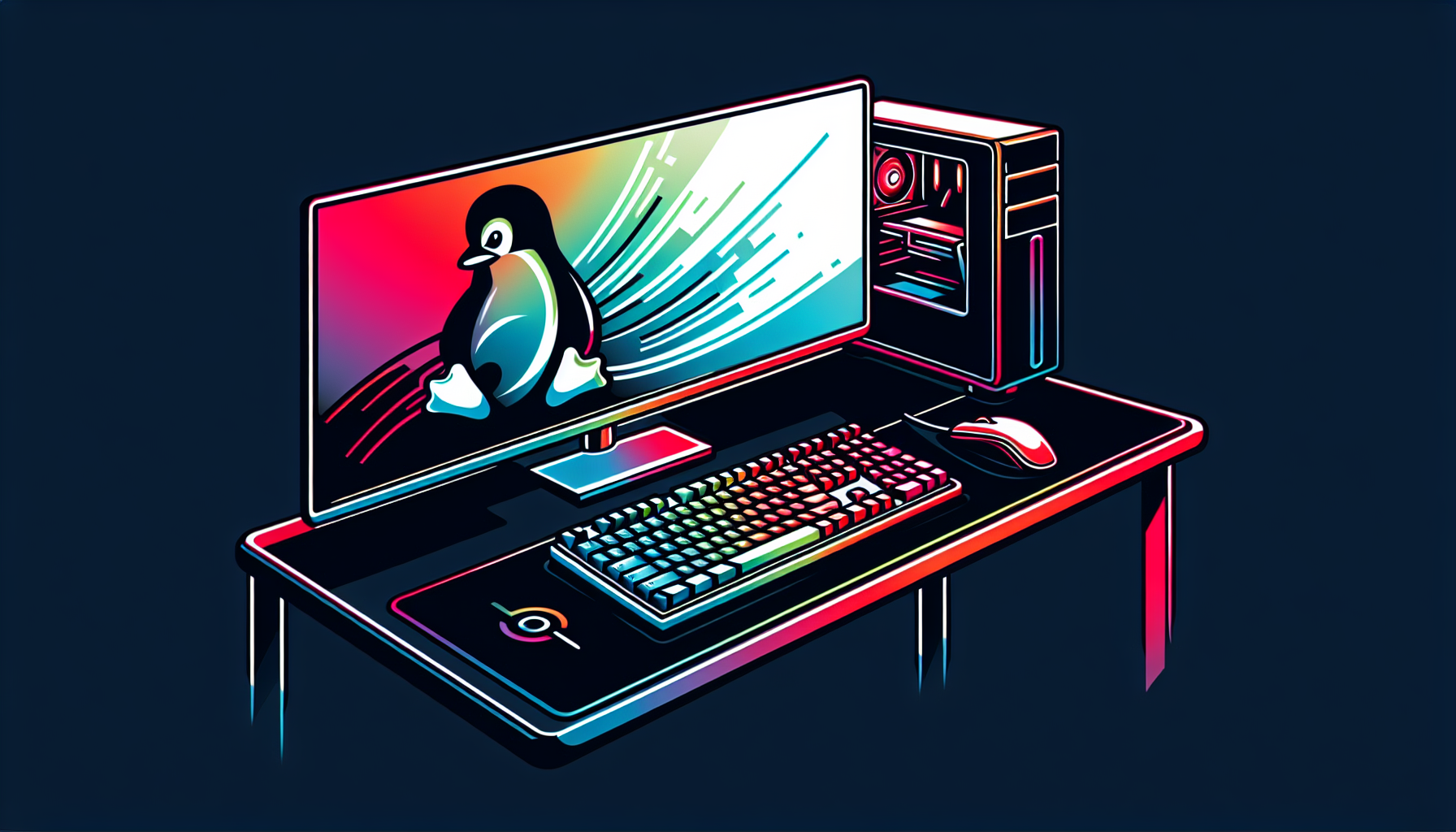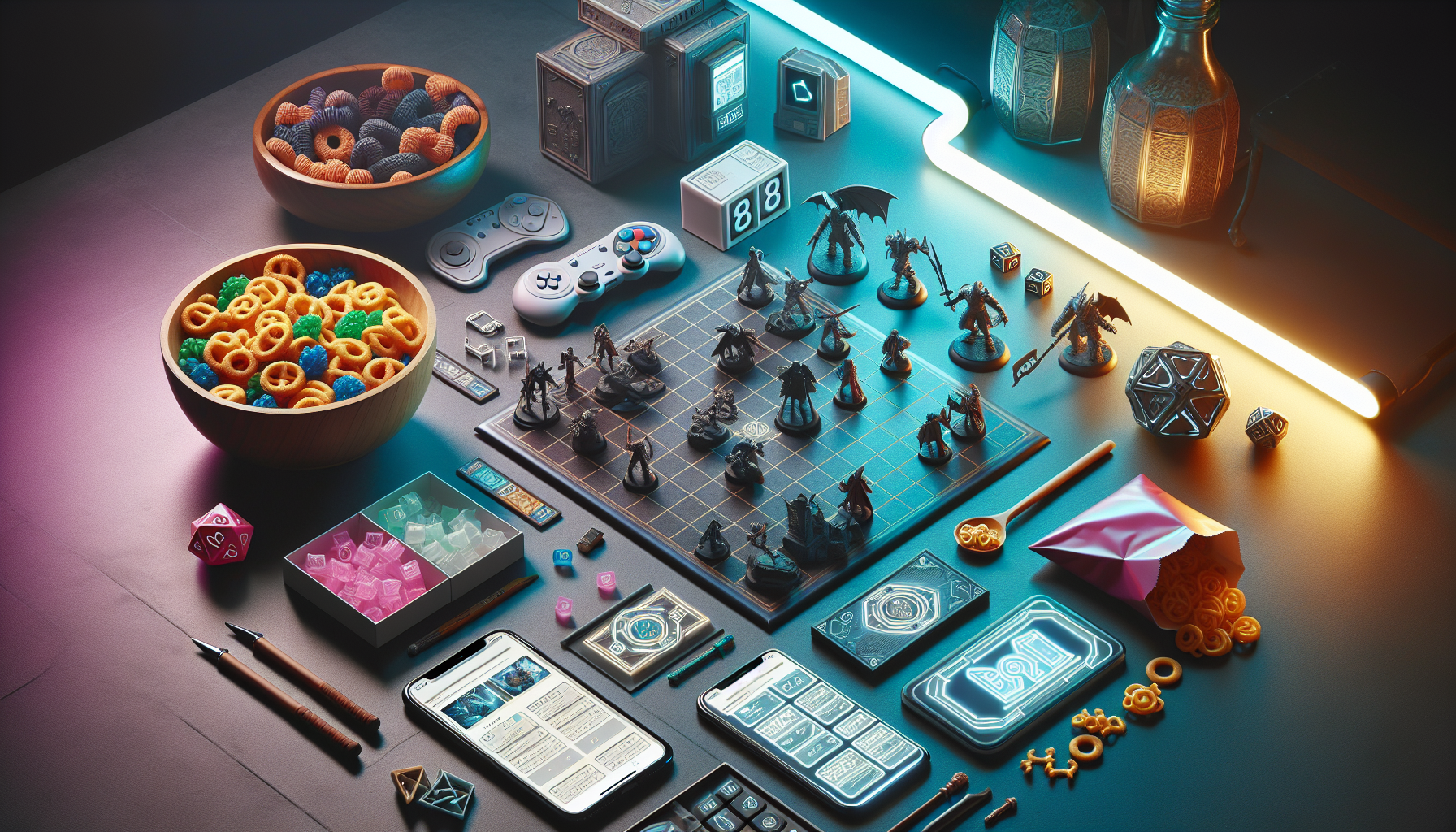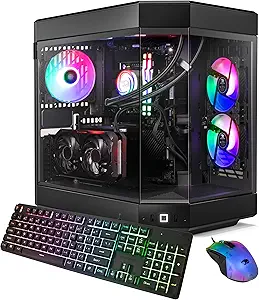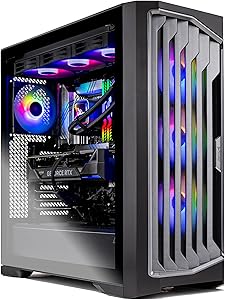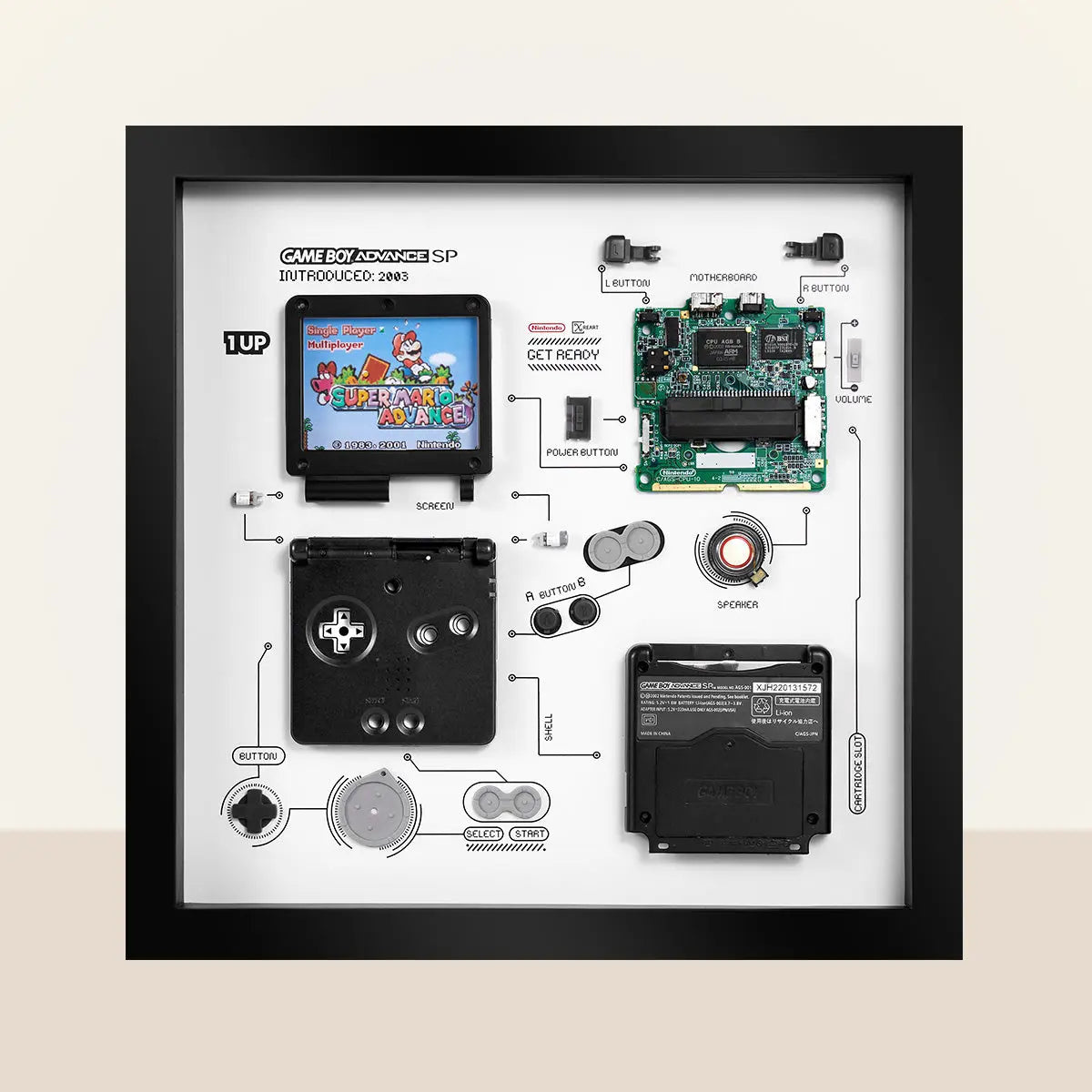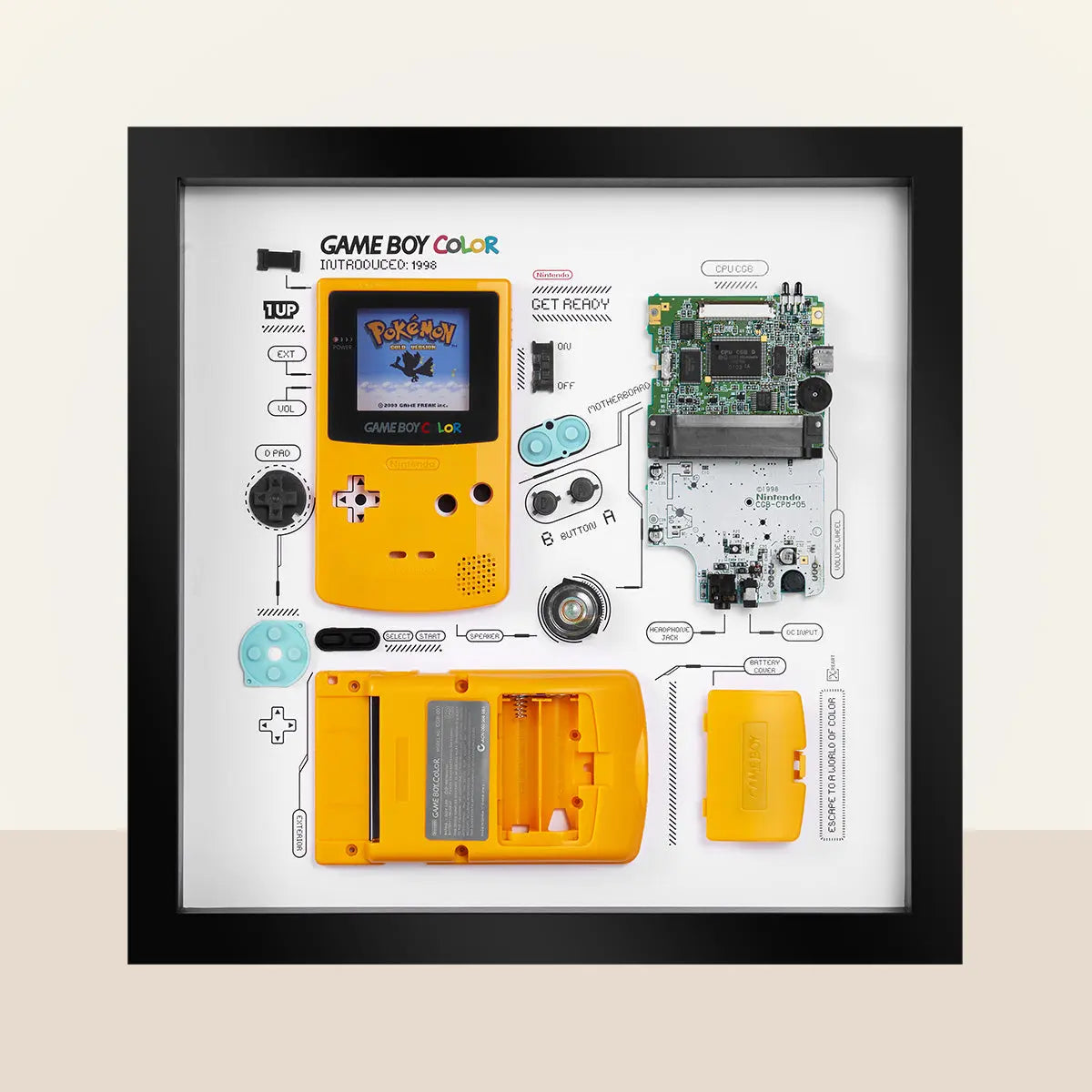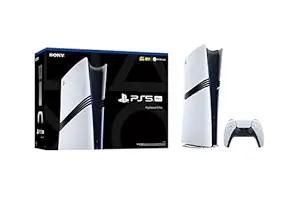From Frame Rates to Fails: Gaming Performance Challenges on Linux
More gamers are waking up to the realization that Linux isn’t just a nerdy choice, but a legitimate gaming platform. Yet, with this exciting transition comes a unique set of performance challenges that can leave even the most seasoned players scratching their heads. This challenge has given birth to remarkable community-driven solutions like Lutris and DXVK, which make the journey smoother for everyone.
The Rise of Linux Gaming
Historical Context
Linux gaming has taken quite the journey since its inception. It wasn’t long ago that gaming on Linux was a niche market, a whisper among tech enthusiasts. Fast forward to today, and you’ll find a growing legion of like-minded players willing to give this operating system a shot. With platforms like Steam showing their support, the tides have turned significantly. Did you know that the percentage of Linux gamers shot up to around 1.5% of the Steam community? While it may seem small, it marks a pivotal shift in the gaming landscape.
Current Landscape
The current state of Linux gaming is truly impressive. Titles like Hollow Knight and Dota 2 are just the tip of the iceberg for what’s available natively. And if you’re wondering about compatibility, fear not! Tools like Wine and Proton are making it possible to run many Windows games on Linux, expanding the library of playable titles dramatically.
Common Performance Issues
Frame Rate Drops
Let’s get real for a second. Nothing shatters immersion quite like unexpected frame rate drops. This frustrating experience is all too common for those transitioning to Linux. Factors like driver support and hardware compatibility can make the performance rollercoaster even bumpier. It’s like running a marathon with a bad pair of shoes; you can push through, but that struggle is palpable.
Input Lag and Latency
If you thought frame rate drops were bad, wait until input lag joins the party. Gamers often report feeling a noticeable delay when using certain input methods on Linux compared to the buttery smooth experience on Windows. It can turn a thrilling race into a tedious crawl, affecting gameplay across various titles.
Graphics and Rendering Issues
Perhaps even more disheartening are the graphical glitches that can plague titles like Call of Duty and Rainbow Six Siege. Players have shared harrowing tales of textures breaking or entire screens turning into shimmering pixels. These issues can distract from the game and even hamper performance, leaving players frustrated and longing for a fix.
Solutions from the Community
Introduction to Lutris
Now, let’s dim the doom and gloom and talk about the heroes of our story: community tools. First up is Lutris. This powerhouse is more than just a game management platform; it’s like having an all-access VIP pass to the diverse world of gaming on Linux. With user-generated installation scripts, Lutris has saved countless gamers from dreadful installation lapses. As one user puts it, “Lutris allows you to install and play video games from all eras and from most gaming systems.” Leveraging Lutris is like stepping into a magical gaming buffet.
The Role of DXVK
Enter DXVK, the unsung hero in the battle against performance issues. It serves as a translation layer for Direct3D games, working wonders by enabling Vulkan compatibility. This not only enhances performance but also opens the floodgates for seamless gameplay. To quote the DXVK project: “A Vulkan-based translation layer for Direct3D 8/9/10/11 which allows running 3D applications on Linux using Wine.” It’s like turning up the graphics dial on your gaming rig, giving you that sweet visual candy without the performance hits.
User Experiences and Case Studies
Success Stories
The triumphs of users transitioning to Linux are proof that overcoming challenges is possible. Take John, for instance. After a rocky start filled with frustrating crashes and stuttering frame rates, he harnessed the power of Lutris and DXVK. Now he’s raving about smoother gameplay and enjoying titles he never thought would make it to Linux. Stories like John’s inspire others and prove that the dive into Linux gaming can be rewarding.
Ongoing Challenges and Future Outlook
Of course, challenges remain. Many gamers reiterate that while tools like Lutris and DXVK are amazing, they’re not silver bullets. Performance issues persist, and bug reports are still a common aspect of the gaming experience. However, community feedback is pivotal in pushing for future advancements in Linux gaming. With projects continually evolving, the future looks promising.
Final Thoughts
As we wrap this up, it’s clear that jumping into Linux gaming is worth the effort, even with the hiccups. Whether you’re inspired to give it a shot or are already a Linux gamer navigating the landscape, remember that you’re not alone. Explore, share your experiences, and immerse yourself in the quirky yet vibrant community. Keep an eye on our blog for tips and tools that make the Linux gaming experience even better.
For more info on Lutris, check out the Lutris GitHub Repository and for DXVK, you can find it here.

